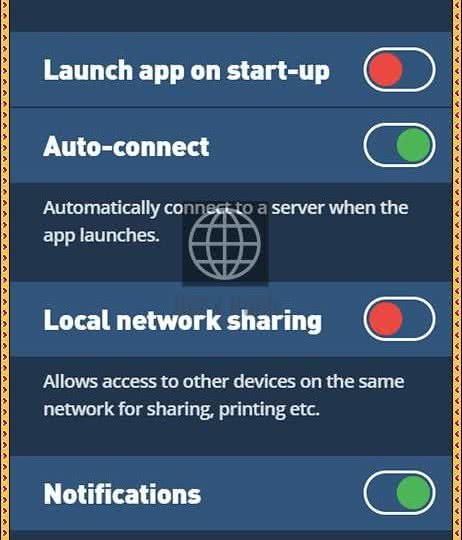
Cross-Site Scripting – Many global sites don't depend on a single server, but operate on several servers located all around the world.Here are a couple of top-level hacking attempts that your VPN won't be able to protect you from: However, some hacking techniques are simply just out of VPNs capabilities. One of the most popular myths out there is that VPNs are immune to every hacking attempt if everything is set up correctly. Some Hacking Attempts That Surpass VPNs Defense Abilities Due to this, many hackers will simply avoid putting in the effort if the reward is not worth it. Breaking that level of encryption would take years of effort with plenty of resources. VPN encryption standards have evolved exponentially in the past few years, and most services nowadays use an AES-256 encryption standard or better.

One thing that comes to mind after reading this is – can a hacker get directly into your computer? For example, can he directly disable your VPN service and infect your device with malware? In reality, this is a highly unlikely scenario, as he would have to surmount a massive obstacle in the form of your VPNs encryption protocol.

Although in that case, it was an expired key, the fact that the hackers still managed to get their hands on such a sensitive piece of information is concerning. This was exactly what happened in the case of the NordVPN server breach. With that said, the latter option requires far more skill and effort, which is why most VPN security breaches happen because the hackers manage to steal encryption keys. They can obtain the encryption key through deceitful ways or break into the encryption by exploiting some ingrained vulnerability that exists within the service. There are two basic ways of how someone can hack into a VPN. These protocols serve to scramble readable data into completely nonsensical lines of text, making it useless to anyone who manages to get a hold of it. Depending on which encryption protocol you choose, you will experience either a security-oriented protocol, a performance-oriented one, or a balanced VPN encryption protocol.

They encrypt the data and replace the user's real IP address with the IP of a remote server. To most users, VPNs seem inherently unhackable. To understand how a VPN can be hacked, we need to appreciate the way these services operate. With that in mind, can a VPN get hacked and if so, how can it happen? Let's get right into it. But, even the most secure VPN services can be compromised. They are very efficient and effective in keeping your sensitive information safe and private from the outside world. Privacy-conscious Internet users know that VPNs are a very useful tool to have when interacting with the online world.


 0 kommentar(er)
0 kommentar(er)
